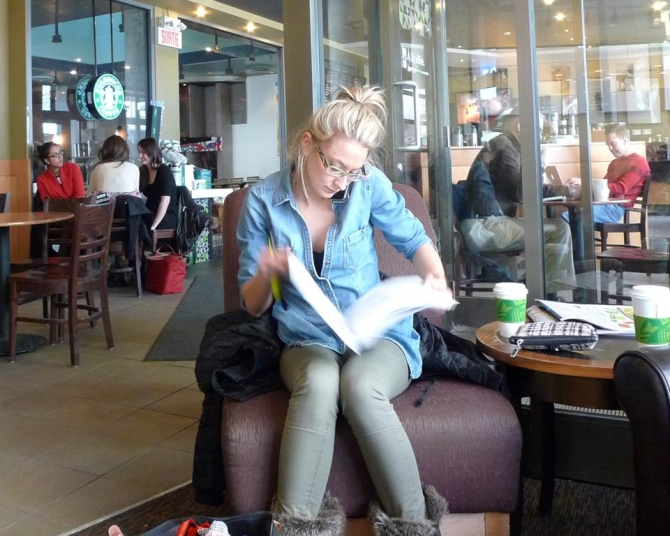The pub industry was one of the hardest hit areas of the economy during the recession, as consumers chose the supermarket over their local. And, it seems, this trend is one that is firmly embedded even following the recovery, with coffee shops now said to be replacing pubs as meeting places on the high street.

According to official market data, the number of coffee shops such as Costa Coffee, Starbucks and Caffe Nero swelled to 16,501 by the end of the year. This tops off 15 years of rapid expansion and is in stark contrast to the pub industry, with the Campaign for Real Ale (CAMRA) revealing that pub closures are continuing at a rate of around 31 per week.
Chief executive of Costa Coffee owner Whitbread, Andy Harrison, believes that this swing in society is due to an increase in female spending power since the beginning of the recession.
He says; “Think of the coffee shop as a social venue.
“What we have seen is the coffee shop market has grown at about 5 per cent per annum throughout the recession even in the most economically challenged parts of the UK: we think the reasons behind that are to do with things like the growth of female independence, female spending power.
“People talk about the pub as a meeting point but pubs were more about males and the evening – coffee shops are [open] all day, more female [orientated] and certainly more family.”
Of course, another reason for the steep growth in coffee shop popularity could be attributed to the rise in online shopping. Rather than meeting friends for a shopping trip in town, Mr Harrison points out UK consumers now tend to choose to meet at a local café for a chat.
Strangely, though, analysts at Barclays have discovered the way in which British consumers drink coffee has changed, as coffee consumption per head is now in fact lower than it was in 2006.
Leisure analyst at Barclays, Vicki Stern, says; “This means that the growth of coffee shops has in no way increased the UK consumption of coffee.
“Rather, the way in which coffee is being consumed has changed with people now visiting coffee shops where they might previously have consumed instant coffee at home or in the workplace.”
Pubs have of course begun to fight back against their rapid decline, with many introducing or upgrading their food options to include menus suitable for families. In addition, coffee makers have become popular fixtures behind bars nationwide as pubs attempt to break into the lucrative coffee market and win back customers from national brands.
Yet with managing director of Allegra Strategies, Jeffrey Young, expressing a belief that market saturation will not affect coffee shops for some time yet, it seems that pubs will remain overshadowed by their rivals.